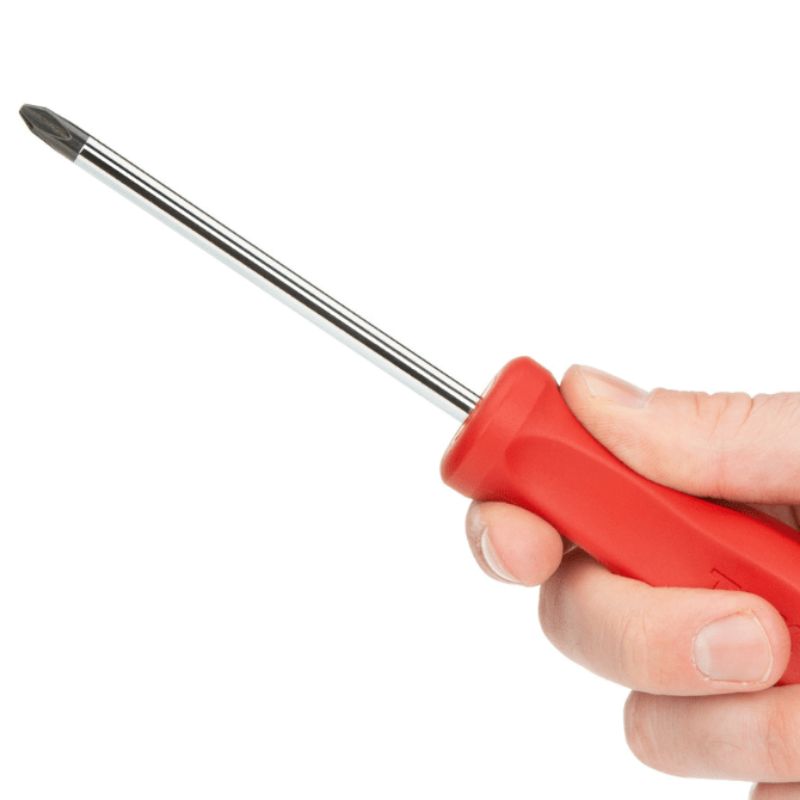


As a landlord in East Kent, ensuring the safety of your tenants should be a top priority. Part of this responsibility includes understanding and meeting the legal obligations regarding electrical safety in rental properties.
In this blog, we will explore what landlords need to know and do to ensure the electrical safety of their rental properties in East Kent.
Under the Electrical Safety Standards in the Private Rented Sector (England) Regulations 2020, landlords are legally required to ensure that the electrical installations in their rental properties are safe and well-maintained throughout the tenancy. This includes all fixed electrical systems, such as wiring, sockets, light fittings, and consumer units.
To comply with the regulations, landlords must have a qualified electrician conduct an Electrical Installation Condition Report (EICR) on the property at least every five years or whenever there is a change in tenancy. The EICR assesses the safety and soundness of the electrical installations and highlights any defects or potential hazards.
If the EICR identifies any remedial works or improvements needed, landlords must address these issues promptly. This may involve replacing outdated wiring, fixing faulty electrical outlets, or repairing damaged consumer units. Any recommended actions must be completed by a competent electrician within the specified timeframe.
Once the electrical safety checks and remedial works are complete, landlords must provide their tenants with a copy of the EICR. This certificate confirms that the property’s electrical installations are safe and in compliance with the regulations. It is also advisable to keep a copy of the certificate for your records.
In addition to the EICR, landlords should take other steps to enhance electrical safety in their rental properties:
Landlords should maintain a comprehensive record of all electrical safety checks, maintenance, and repairs. This documentation demonstrates compliance with regulations and provides a record of actions taken to address any electrical safety concerns.
To ensure the safety and compliance of your rental property’s electrical installations, it is crucial to engage qualified and competent electricians. Look for electricians who are registered with a professional body, such as the National Inspection Council for Electrical Installation Contractors (NICEIC), to provide reliable and trustworthy services.
As a landlord in East Kent, it is essential to recognise that ensuring the electrical safety of your rental property is not just a legal obligation but also an ethical responsibility. By prioritising electrical safety, you create a safe and comfortable living environment for your tenants, minimising the risk of electrical accidents and enhancing your property’s appeal.
At East Kent Electrical, we are dedicated to helping landlords navigate the complexities of electrical safety in rental properties. Our qualified electricians specialise in conducting EICRs, performing remedial works, and providing expert advice on electrical safety compliance. Contact us today to schedule an appointment and ensure the electrical safety of your East Kent

© East Kent Electrical Ltd 2004-2025 - All Rights Reserved
| Company Number: 08428138 Registered In England & Wales | Website by  | Update cookies preferences
| Update cookies preferences